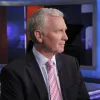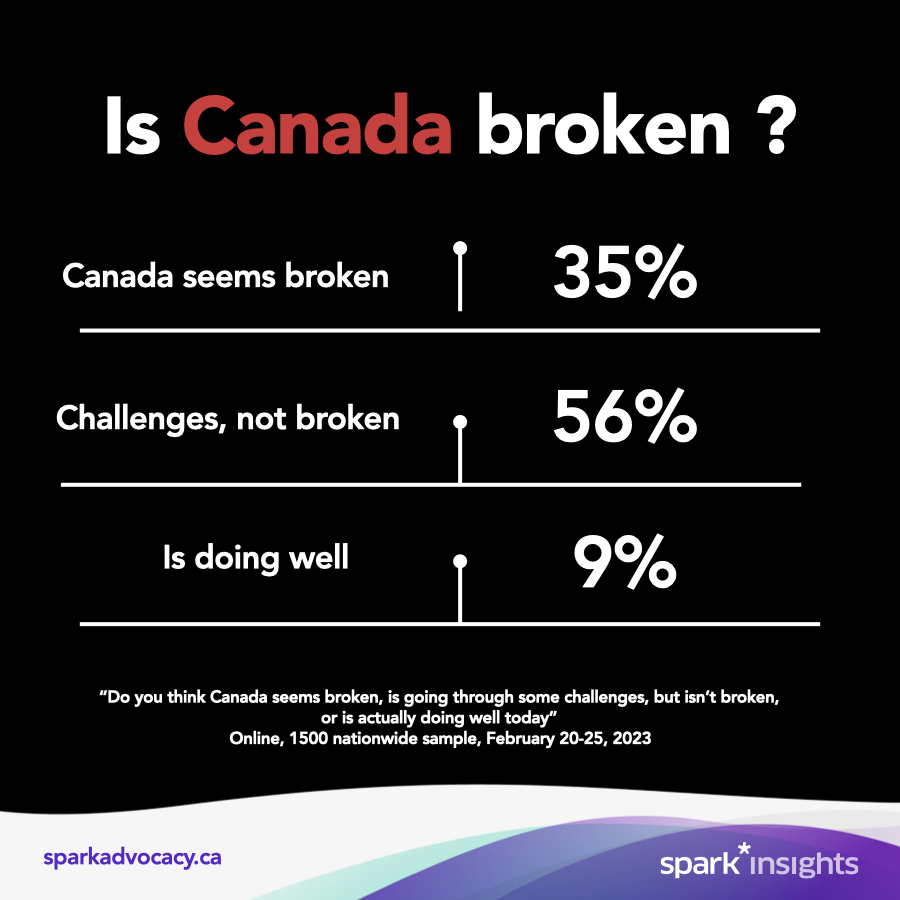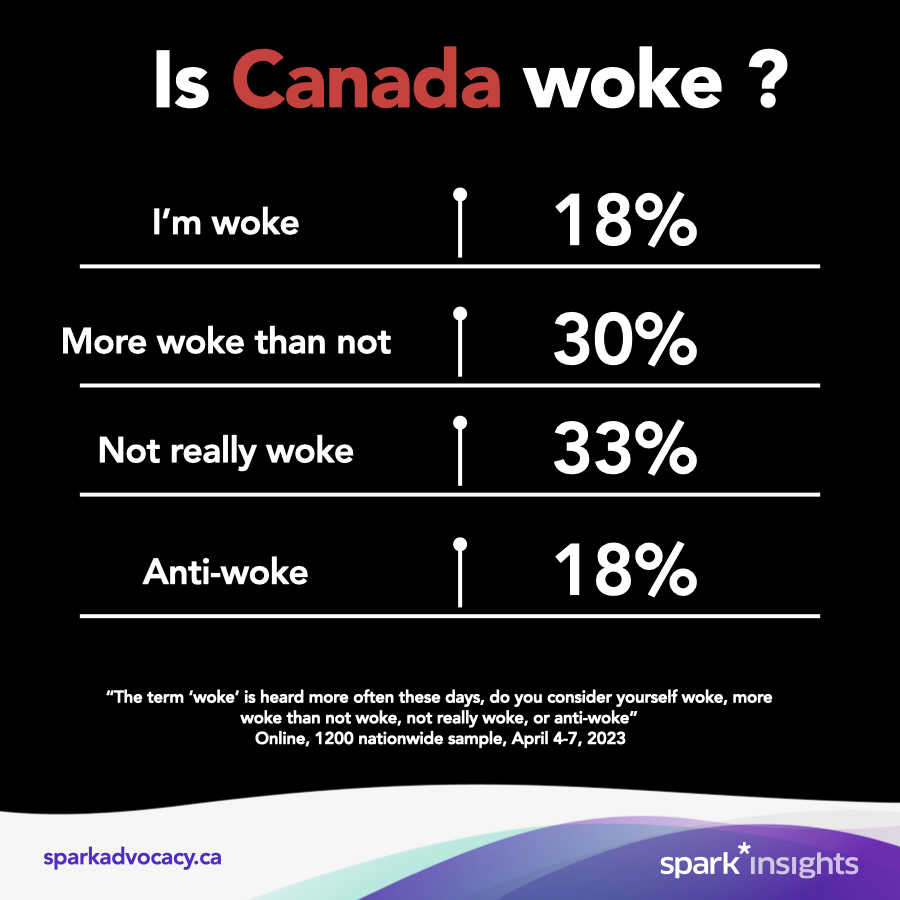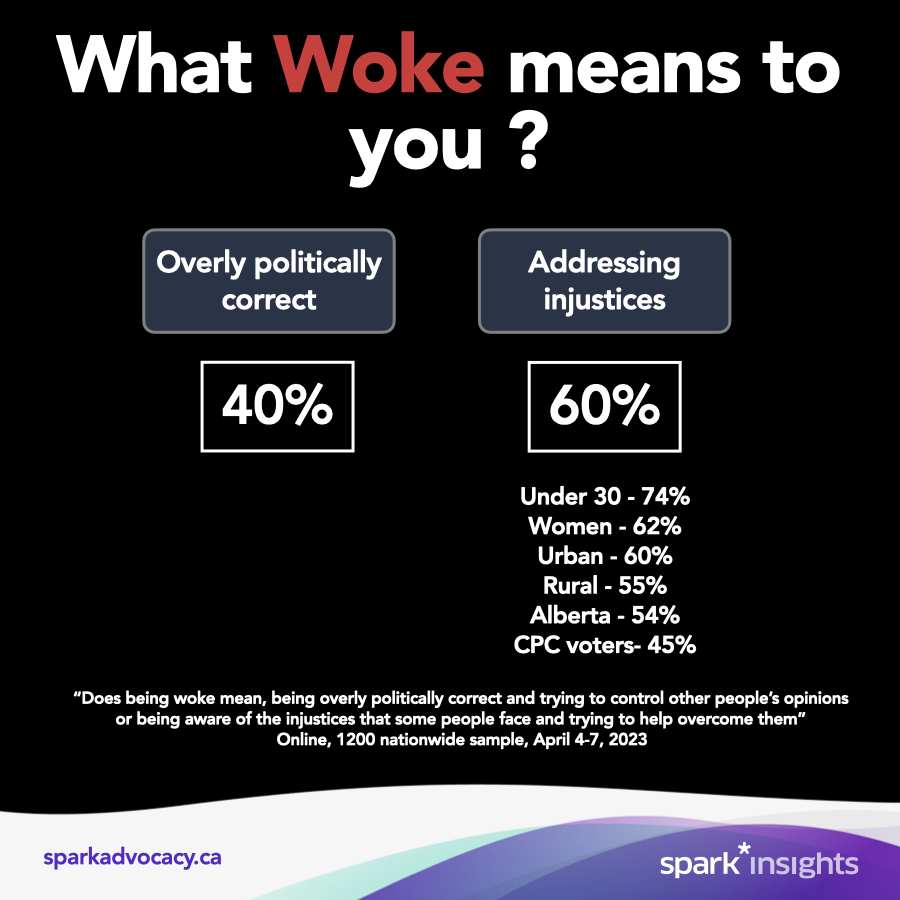Given three choices to describe the state of the nation: (“Canada is broken, Canada is going through some challenges, but isn’t broken, or Canada is actually doing well”) one in three believe Canada is broken.
Not very many think (9%) things are going swimmingly.
Most (56%) say there are some challenges, but they don’t feel Canada is broken.
For Pierre Poilievre, who coined this turn of phrase, his intent is clearly to blame Canada’s broken-ness on the left. But most of the 35% who think Canada is broken, don’t seem ready to blame the Trudeau Liberals.
Some blame global issues, some blame the right. When you boil it all down, only 14% of Canadian voters believe the country is broken and the Canadian left is to blame.
Only a small majority of Conservative voters (58%) think Canada is broken, and only half of them blame the left.
And so, when Mr. Poilievre pushes his Trudeau broke Canada line, he’s choosing a relatively ineffective weapon. Not only does it fail to convince many people that it’s true, it can make Poilievre seem like he doesn’t have a really accurate read of the state of the country. No doubt this calculation is why Mr. Trudeau made sure to try to pin the label “brokenist” on the Conservative leader in recent days.







